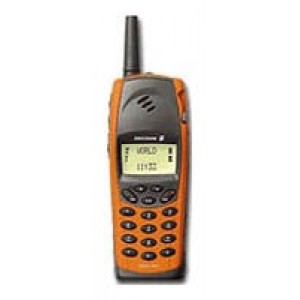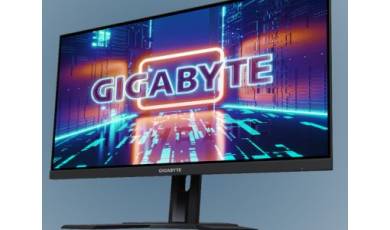Sony Ericsson R250s Pro specs.
Mobiles >> Sony Ericsson >> Sony Ericsson R250s Pro| Specifications | Reviews | Secret codes |

Basic Spec Sony Ericsson R250s Pro
Processor cores number:
1
SIM-card amount:
1
SIM-card type:
regular
Design Sony Ericsson R250s Pro
Case type:
classic
Construction:
removable panels, waterproof
Height:
145 mm
Width:
55 mm
Thickness:
32 mm
Weight:
270 grams
Display Sony Ericsson R250s Pro
Screen type:
monochrome
Camera Sony Ericsson R250s Pro
Rear camera:
none
Connectivity Sony Ericsson R250s Pro
Standard:
GSM 900, 1800
Internet access:
none
Multimedia Sony Ericsson R250s Pro
Tune type:
regular
Vibrocall:
yes
Notepad and organizer Sony Ericsson R250s Pro
Organizer:
alarm clock
Exchange between SIM card and internal memory:
yes
Notepad in the device:
99 contacts
Other functions Sony Ericsson R250s Pro
HR, FR, EFR sound encoding modes:
yes
Sound indication of talk time:
yes
Speakerphone:
yes
Battery Sony Ericsson R250s Pro
Battery capacity:
1400 mA⋅h
Battery type:
NiMH
Standby time:
125 hours
Talk time:
4.5 hours
Comments, Questions and Answers about Sony Ericsson R250s Pro
Ask a question about Sony Ericsson R250s Pro





